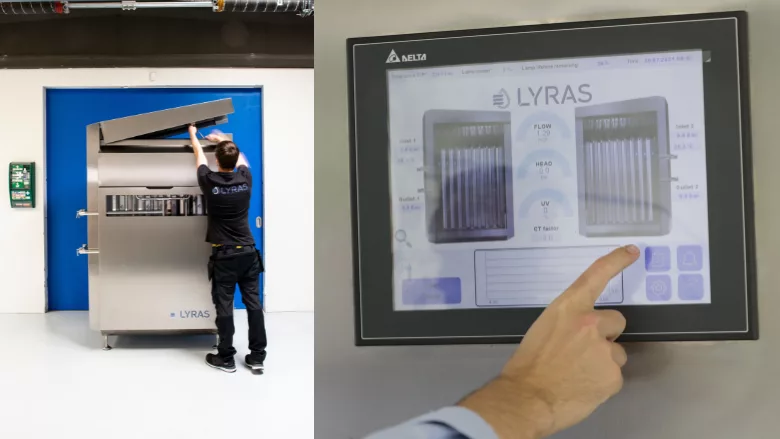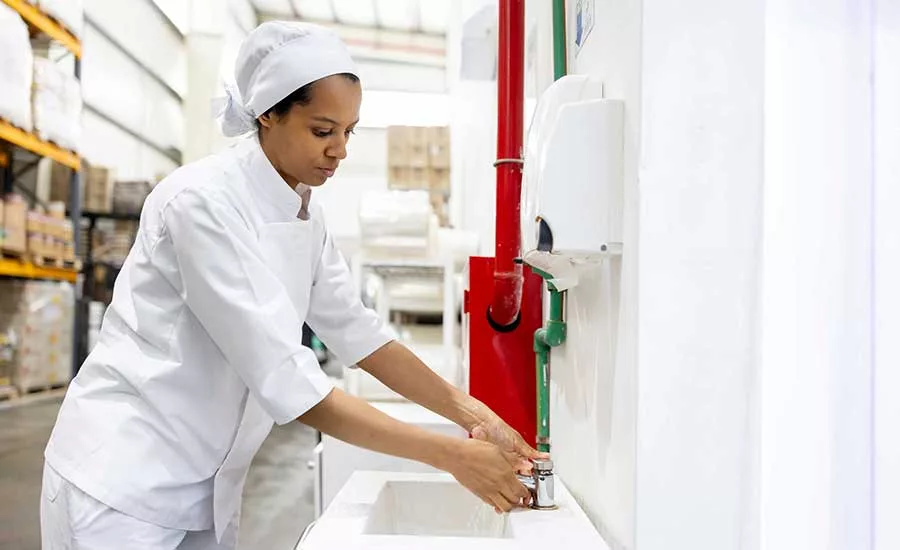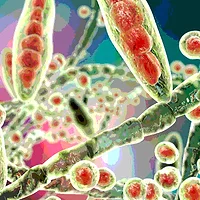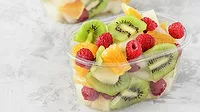BIZTRACKS
Raslysation Could Replace Pasteurization, Uses UV for Microbial Inactivation of Liquids

Credit: Lyras
Biotech group Novozymes is making the change from classic filtration of its industrial enzyme liquids to a raslysation system from Danish company Lyras, which inactivates microbial contaminants in liquid foods using ultraviolet (UV) technology. Raslysation can be used as a substitute for the pasteurization of foods such as brine, whey, juice, iced tea, and many other liquids.
Novozymes’ new raslysation system will be able to treat 45,000 liters of industrial enzyme liquid per hour. Raslysation is a non-thermal treatment technology based on UV that inactivates microorganisms but is gentle on enzymes, proteins, amino acids, and vitamins. Raslysation provides higher quality, increased safety, improved production flow, less cleaning and waste, and better energy efficiency.
Lyras raslysation systems can replace labor-intensive filtration processes that cause physical strain on employees due to the manual handling of filters. The technology is also expected to provide increased microbial food safety and reduced energy consumption.
As several enzymes cannot withstand high temperatures, Novozymes previously used classic depth-filtration to remove microbiological contaminants in products, which required that employees replace heavy sets of filter plates daily as part of the purification process for the finished enzyme concentrate. Raslysation relieves the company from this procedure.
Once the UV technology from Lyras provides the expected results at Novozymes’ location in Kalundborg, Denmark, the next logistical step will be to install the UV system at several of Novozymes’ global strategic sites that produce high-value enzymes and proteins for the food industry.
Lyras: www.lyras.com
Looking for quick answers on food safety topics?
Try Ask FSM, our new smart AI search tool.
Ask FSM →








